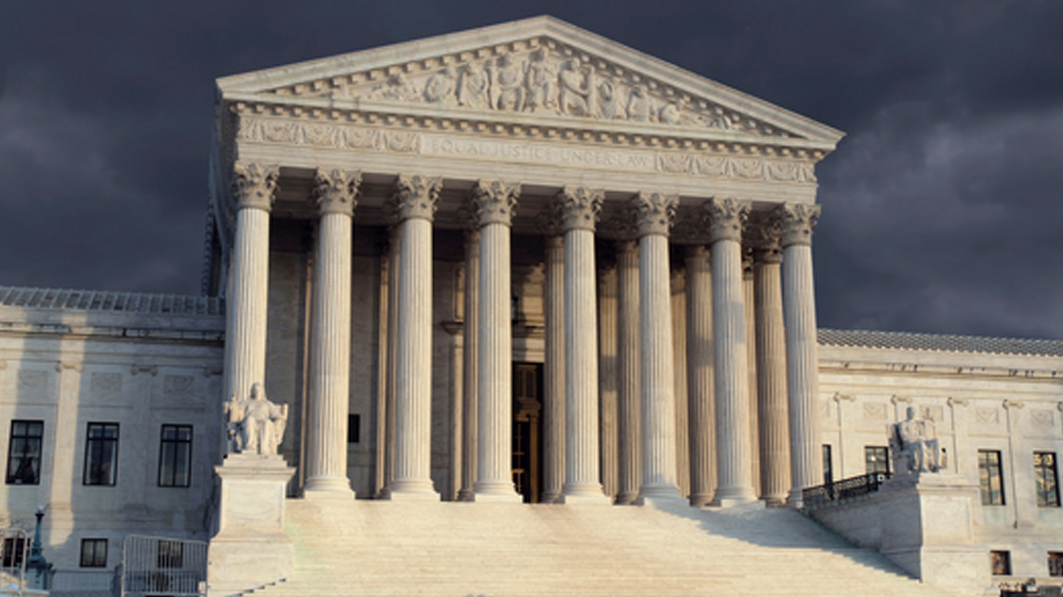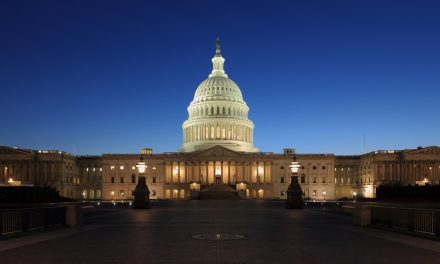Justice Ruth Bader Ginsburg was absent this week from oral arguments at the Supreme Court as she recovers from cancer surgery, prompting a wave of speculation about her future at the Court, as well as the Court’s future without her. While we wish the Justice a speedy recovery and return to the bench, it is also fair game to discuss the ramifications of a possible decision by her, at some point in the near future, to retire. Ginsburg, 85, has repeatedly told reporters that she will continue on the Court as long as she can go “full steam.”
Several news articles this week carry implications for the next confirmation hearing, and placed side by side, paint an interesting picture of what lies ahead.
First, Politico reports that the White House reacted to Justice Ginsburg’s absence from the Court by quietly preparing for the possibility of a Ginsburg departure. The report runs through the short-list of nominees discussed as finalists in the decision that resulted in Brett Kavanaugh being nominated to the Court. One of the names it mentions is Seventh Circuit judge Amy Coney Barrett.
Barrett, a Catholic and former law professor at the Notre Dame Law School was a conservative crowd favorite last time around prior to Kavanaugh’s nomination, but at the time had no judicial experience other than as a law clerk to Judge Laurence Silberman of the D.C. Circuit and later with Justice Antonin Scalia at the Supreme Court. With a few months under her belt as a Seventh Circuit judge, she’ll be an easier sell to the Senate, to the public, and to the American Bar Association who vets judicial nominees for the Senate Judiciary Committee. And as a female replacing a female, she would automatically silence those who would criticize a male choice as sexist.
Second, Morning Consult performed some polling following the Kavanaugh confirmation, and found that several key Republicans involved in the process, namely Senator Lindsay Graham (R-SC), Senator Mitch McConnell (R-KY), and Senator Susan Collins (R- ME) enjoyed double-digit increases in their favorability rating among Republicans in their home states. The lesson there is that the Republican base follows the judge issue closely and appreciates it when Senators stand up for conservative jurists. This should encourage Republicans for the fight to confirm the next nominee.
Finally, The Hill carried an opinion piece by Congresswoman Tulsi Gabbard (D-HI) condemning the recent actions of fellow Democrats, Senator Macie Hirono (D-HI) and Senator Kamala Harris (D-CA) for “fomenting religious bigotry” by questioning a Trump judicial nominee, Brian Buescher, about his membership in the Knights of Columbus, a Catholic service organization. The Senators’ questions strongly implied that his faith and his ties to the Knights were disqualifiers for a judicial appointment. Gabbard does not support Buescher’s nomination for other reasons, so it is stunning to see her criticism of Hirono and Harris, both members of the Senate Judiciary Committee who will be questioning future nominees.
Hirono and Harris are not alone in the “religious test” they seem to be imposing on President Trump’s judicial nominees. Senator Diane Feinstein (D-CA) made waves when she criticized then-Seventh-Circuit-nominee Amy Coney Barret’s Catholicism by stating “the dogma lives loudly within you, and that’s a concern.” Of course, the U.S. Constitution prohibits a “religious test” for public office.
Democrats calling out Democrats for religious bigotry may temper Senate Judiciary Committee confirmation hearings in the future, especially if Judge Amy Coney Barrett is nominated to replace a retired Justice Ginsburg. Senate Republicans, who picked up two seats in the mid-term elections, can only be encouraged by their enlarged majority, as well as the polling results showing that their base is watching closely and approves of the President’s judicial nominees.
The next Supreme Court nomination should be interesting.






